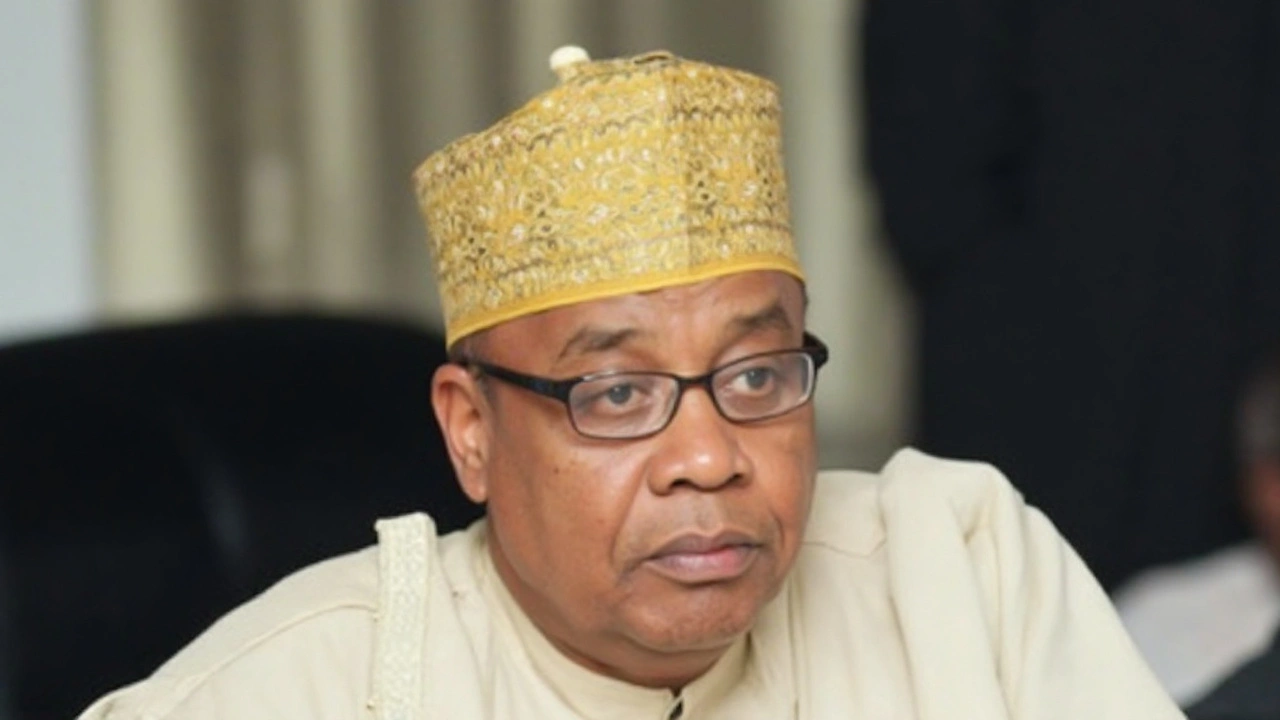Ibrahim Babangida – Who He Is and Why He Still Matters
If you’ve been following African news, you’ve probably seen the name Ibrahim Babangida pop up a lot. He was Nigeria’s military ruler from 1985 to 1993, a period that still shapes the country’s politics, economy, and everyday life. In this quick guide we’ll break down his background, the big moves he made while in power, and why his legacy still shows up in headlines.
Who is Ibrahim Babangida?
Babangida was a career army officer who rose through the ranks during a time of coups and political instability. In August 1985 he overthrew General Muhammadu Buhari and took control of the federal government. He presented himself as a reformer, promising to kick out corruption and boost the economy. Under his rule, Nigeria switched to a more open market approach – the infamous “Structural Adjustment Programme” – which aimed to attract foreign investment but also made everyday life tougher for many Nigerians.
During his eight‑year rule, Babangida also introduced a new political process called the “transition program.” He promised to hand over power to a civilian government, but the plan never fully materialized. The most dramatic moment came in 1993 when he annulled the June 12 presidential election – an election many believed would have brought Moshood Abiola to power. The annulment sparked massive protests and ultimately led to Babangida’s resignation.
Why His Legacy Matters Today
Even though Babangida left office more than three decades ago, his policies still echo in Nigeria. The economic reforms he pushed opened doors for multinational companies and set the stage for the oil‑driven boom of the late 1990s. At the same time, the social costs – higher food prices, layoffs, and growing inequality – left a bitter taste for many citizens.
Politically, Babangida’s handling of the 1993 election still fuels debates about democracy and military interference. Activists often cite the annulment when they talk about the need for strong civilian oversight of the armed forces. On the other hand, some business leaders credit his market‑friendly policies for laying the groundwork of today’s more diversified economy.
When you read the latest news about Nigeria, you’ll see Babangida’s name mentioned in discussions about election reform, economic policy, and military influence. Understanding his role helps make sense of why certain issues keep resurfacing and why some reforms are met with both hope and skepticism.
So next time you come across a story about Nigeria’s politics or economy, ask yourself: how much of that story is still tied to decisions made back in the Babangida era? Knowing the history gives you a clearer picture of what’s happening now and what might come next.
Nigerian activists are calling for the prosecution of former dictator Ibrahim Babangida over his role in annulling the 1993 election. Citing crimes against humanity, including extrajudicial killings, they urge the revocation of honors from regime beneficiaries. Babangida’s recent admission of the election results has fueled these calls, highlighting long-standing tensions over his legacy.
More
